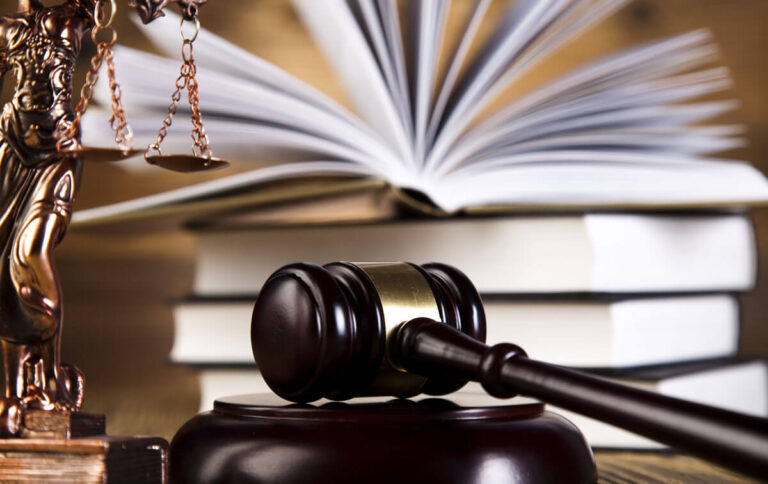Here’s a clear overview of the laws and legal system in Dominica:
Legal System of Dominica
Dominica operates under a parliamentary democracy with a legal system based on English common law. It has its own constitution and set of laws governing all aspects of national life.
1. Constitution of Dominica
- The Constitution of 1978 is the supreme law of the land.
- Guarantees:
- Fundamental human rights
- Freedom of speech and religion
- Protection from discrimination
- Right to a fair trial
2. Structure of the Legal System
Judicial System
- Based on English common law and statutory law.
- Part of the Eastern Caribbean Supreme Court (ECSC), which includes:
- High Court of Justice
- Court of Appeal
- Final appeals may be taken to the Caribbean Court of Justice (CCJ).
Court Types
- Magistrate’s Courts – handle minor criminal cases, civil matters, family issues.
- High Court – handles serious crimes, constitutional matters, and appeals.
3. Key Areas of Law
Criminal Law
- Crimes include theft, assault, murder, drug offenses, etc.
- Sentences range from fines and community service to life imprisonment.
- Death penalty exists in law but is rarely used.
Family Law
- Covers:
- Marriage and divorce
- Child custody and maintenance
- Domestic violence (laws are strict against abuse)
- Legal aid is available for vulnerable individuals in family cases.
Property Law
- Governs ownership, transfer, and use of land and buildings.
- Both locals and foreigners can own property, though there are specific licensing rules for non-citizens.
Electoral Law
- Citizens aged 18+ can vote.
- Elections are regulated by the Electoral Commission.
- Campaign finance and conduct during elections are governed by law.
Employment Law
- Protects worker rights:
- Fair wages
- Protection from unfair dismissal
- Maternity leave
- Trade union rights
Drug Laws
- Strict anti-drug laws, especially for cocaine and marijuana.
- Possession, trafficking, and cultivation can lead to harsh penalties, though discussions on reform are ongoing.
4. Notable Legal Restrictions
- Same-sex relationships are criminalized under old colonial laws (rarely enforced but still on the books).
- Abortion is illegal, except to save the mother’s life.
- Firearms are heavily regulated and require a license.
5. Law Enforcement
- Managed by the Commonwealth of Dominica Police Force.
- Includes:
- Regular police
- Drug squad
- Coast Guard
- Known for community policing and disaster response roles.
6. Legal Education & Practice
- Lawyers must be qualified and registered with the Dominica Bar Association.
- Legal training is often completed at University of the West Indies and Hugh Wooding Law School in Trinidad.



